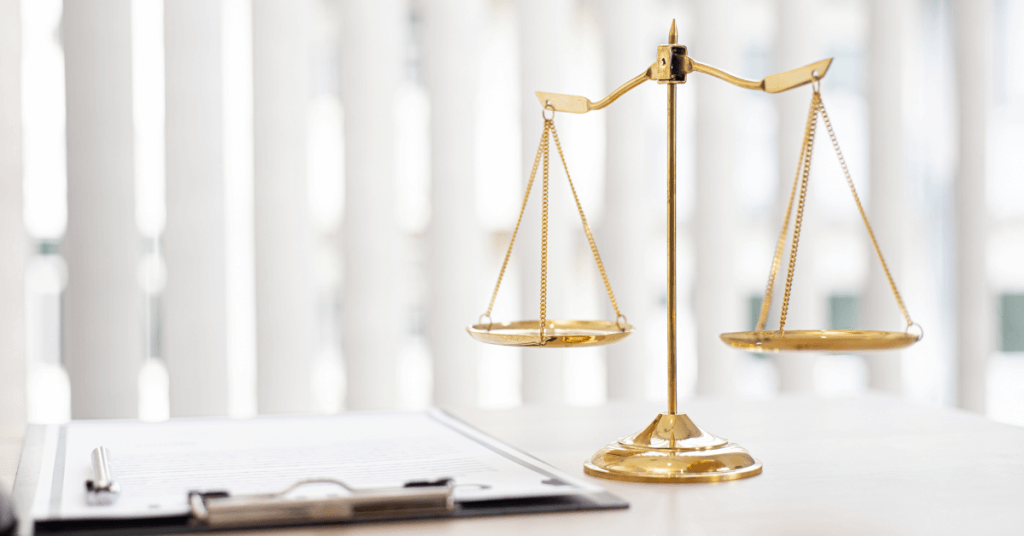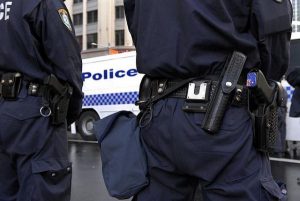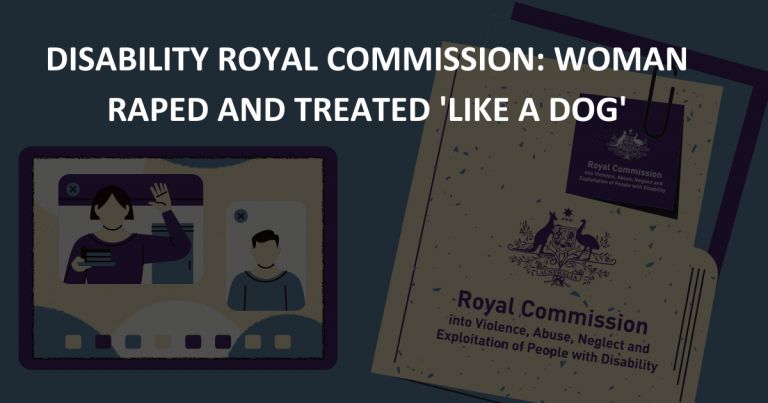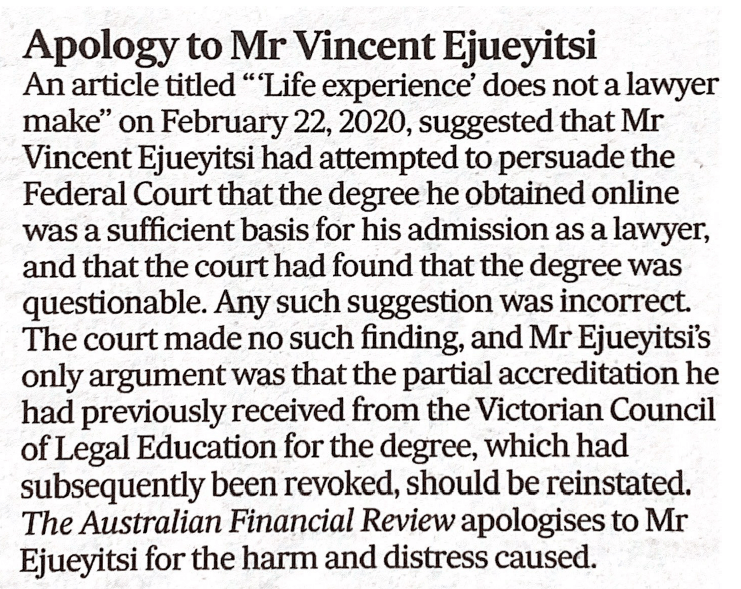At midnight on Tuesday 31 March 2020, strict new laws came into effect for residents in New South Wales which have effectively brought about a tough lockdown as part of the Government’s response to slow the transmission of the coronavirus causing COVID-19.
By virtue of the COVID-19 Legislation Amendment (Emergency Measures) Bill 2020, the NSW Police Force have been granted new powers to ensure compliance with these strict self-isolating orders and social distancing rules.
To combat the current health crisis, the new rules bring about significant and unprecedented fetters to our civil liberties. In the coming weeks and months, residents in New South Wales can expect to see a strong presence of police, with additional officers, even the riot squad, on the street to enforce compliance with the new and evolving restrictions.
What are the COVID-19 (Coronavirus) lockdown laws?
The NSW Health Minister has broad powers by virtue of the Public Health Act 2010 (NSW) to do take such action as necessary to deal with the COVID-19 pandemic and associated public health risks. The orders made under this Act expire after 90 days, unless withdrawn or given a specific expiry date. (Public Health Act 2010 (NSW), s 7(5))
The NSW Health Minister has issued a number of Health Orders under section 7 of the Act to combat the spread of the virus. As at 1 April 2020, the relevant and enforceable orders in NSW are the:
- Public Health (COVID-19 Quarantine) Order 2020; and
- Public Health (COVID-19 Restrictions on Gathering and Movement) Order 2020.
The restrictions contained in these orders require anyone who has arrived in Australia from overseas to self-isolate for 14 days and prohibits persons from leaving their place of residence without a reasonable excuse.
The orders provide examples of what is considered a ‘reasonable excuse’ and includes leaving the home for reasons involving:
(a) obtaining food or other goods and services; or
(b) travelling for the purposes of work or education if the person cannot do it at home; or
(c) exercise; or
(d) medical or caring reasons.
There are 16 activities or reasons that are listed in Schedule 1 of the order which allow for a person to leave their home. (Public Health (COVID-19 Restrictions on Gathering and Movement) Order 2020, Schedule 1)
Even where there may be a reasonable excuse, the order further directs that persons must also not participate in a gathering in a public place of more than 2 persons (the 2-person rule). There are a number of exceptions are provided in the order.
For instance, this restriction would not apply to people gathering for work or who are members of the same household. A list of essential gatherings is provided in schedule 2 of the order. (Public Health (COVID-19 Restrictions on Gathering and Movement) Order 2020, Schedule 1)
What can the Police do under the COVID-19 (Coronavirus) lockdown laws?
With the recent amendments to the Public Health Act 2010, the police have been granted further powers to enforce these public health orders.
Section 118 of the Act was amended to provide that a police officer is an authorised officer under the Act and may issue a penalty notice or commence criminal proceedings for breach of the orders.
Section 112 of the Act, allows police to direct a person, who suspected on reasonable grounds to be in breach of a public health order, to provide their name and address and for the purposes of issuing penalty notices. The new section 71A of the Act also enables a police officer to arrest such a person. Once arrested, the person may be returned to their home or place ordered to reside or detained.
What am I required to the tell the police if I am stopped in public?
Police have broad powers to stop and question a person if they have a reasonable suspicion that an offence has been committed. In light of the strict laws that now prevent persons from leaving their home without a reasonable excuse, it can be expected that police will be questioning people in public as to the reason that they are not at home.
You are legally required provide your name and your address. Aside from this information, you have a right to silence and do not have to say anything thing that would incriminate you.
The new amendments to the law do not give the police any additional powers to search you. The police require a reasonable suspicion that you are in possession of something illegal to be permitted to conduct a search.
What about in gatherings in private?
When Prime Minister Scott Morrison announced the ‘2-person rule’ he stated that it would apply to indoor gatherings and private properties.
However, it should be noted that the current orders in NSW restricting gatherings and obligations to ensure to 4 square metres per person, do not apply to a person’s place of residence. At this stage the 2-person rule relates to public places.
Therefore, the police would not be able to take any action if you had more than one person over to your home at a time. Furthermore, the new laws do not change the laws that allow for a police officer to enter premises without a warrant.
What are the penalties for violating the COVID-19 (Coronavirus) lockdown laws?
If you refuse or fail to comply with a direction pursuant to a public health order, without a reasonable excuse, you are committing an offence. The maximum penalty for the offence is a fine of $11,100 or 6-months’ imprisonment, or both.
If police form the view that you have breached a public health order or a provision in the Act, you may be issued with a penalty notice. You are able to pay the fine which is to accept that you are guilty of the offence. However, you are entitled to challenge the fine and take the matter to court.
If you receive a fine or have been are arrested for a public health order offence, it is important that receive legal advice.
Our firm is able to assist and provide you with a free consolation. You can contact us via our contact form, email at , or phone (02) 9261 4281 or our 24 hour phone / text: 0421 373 961.
-
Paul Gilchristhttps://obriensolicitors.com.au/author/paulg/
-
Paul Gilchristhttps://obriensolicitors.com.au/author/paulg/
-
Paul Gilchristhttps://obriensolicitors.com.au/author/paulg/
-
Paul Gilchristhttps://obriensolicitors.com.au/author/paulg/







